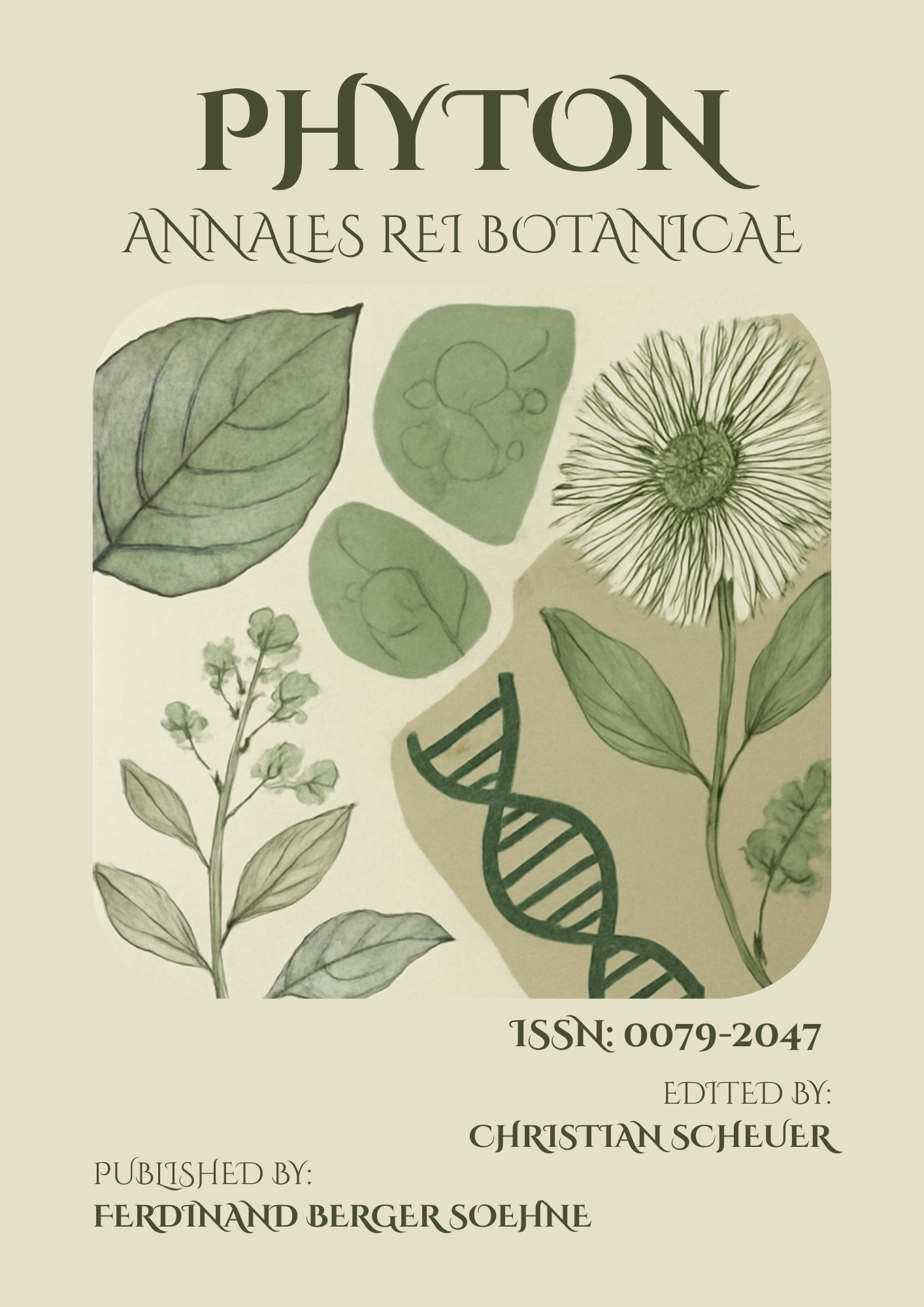Biotechnology in Plant Breeding: Unlocking Potential for Crop Improvement
Keywords:
Plant Biotechnology, Crop Improvement, CRISPR, Genetic Modification, Disease Resistance, Food SecurityAbstract
Biotechnology is revolutionizing plant breeding, offering new tools for developing high-yield, disease-resistant, and climate-resilient crops. This paper explores the use of genetic modification and gene editing technologies, including CRISPR/Cas9, in plant breeding. The study reviews key applications of biotechnology in crop improvement, such as the development of pest-resistant crops, enhanced nutritional content, and crops that tolerate extreme environmental conditions. The research highlights several success stories, such as genetically modified (GM) crops like Bt cotton and golden rice, which have shown improvements in productivity and nutrient content. However, the paper also discusses the ethical concerns and regulatory challenges surrounding GM crops, as well as the need for public acceptance and global cooperation. The study concludes by emphasizing that biotechnology has the potential to address global food security challenges, provided that it is coupled with responsible governance, public education, and rigorous safety assessments.
Published
How to Cite
Issue
Section
License
Copyright (c) 2024 PHYTON-ANNALES REI BOTANICAE

This work is licensed under a Creative Commons Attribution-NonCommercial-ShareAlike 4.0 International License.
This article is published under the terms of the Creative Commons Attribution-NonCommercial-ShareAlike 4.0 International License (CC BY-NC-SA 4.0). Readers may share and adapt the material for non-commercial purposes, provided appropriate credit is given and adaptations are shared under the same license.



